
Recommendation
On Feb. 4, 1901, Andrew Carnegie sold his steel-making business for an unprecedented $400 million (worth about $120 billion now). With that sale, he became "The Richest Man in the World," according to J.P. Morgan, who bought Carnegie's company and used it as the basis of U.S. Steel. But if you want to learn how to become the richest person in your part of the world, that's not the purpose of this biography. Instead David Nasaw minutely depicts an authentic tragic comedy in more than 800 pages, the life of an impoverished, painfully short immigrant lad who succeeded during the Gilded Age of capitalism, becoming a robber baron, philanthropist and "peacenik." The author uncovers many of the secret operations Carnegie used to exploit his early employers and, later, his gullible investors. This account corrects biographies that omit Carnegie's shady railroad bonds and union busting. The author also explains how Carnegie used his wealth to become one of the world's greatest philanthropists, a significant legacy that endures through the institutions and libraries he endowed. getAbstract highly recommends this detailed history for its iconoclastic scholarship, profound soul-searching and fascinating portrait of a unique, contradictory person.
Summary
About the Author
David Nasaw, a history professor at the City University of New York, won the Bancroft Prize for The Chief, his biography of William Randolph Hearst. His work has appeared in major magazines.









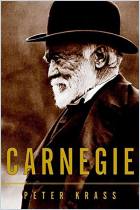
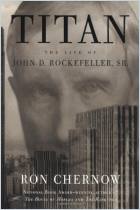
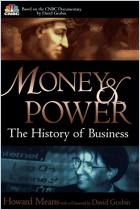
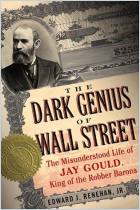
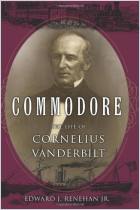
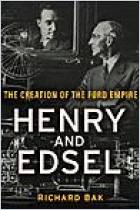







Comment on this summary or Start Discussion